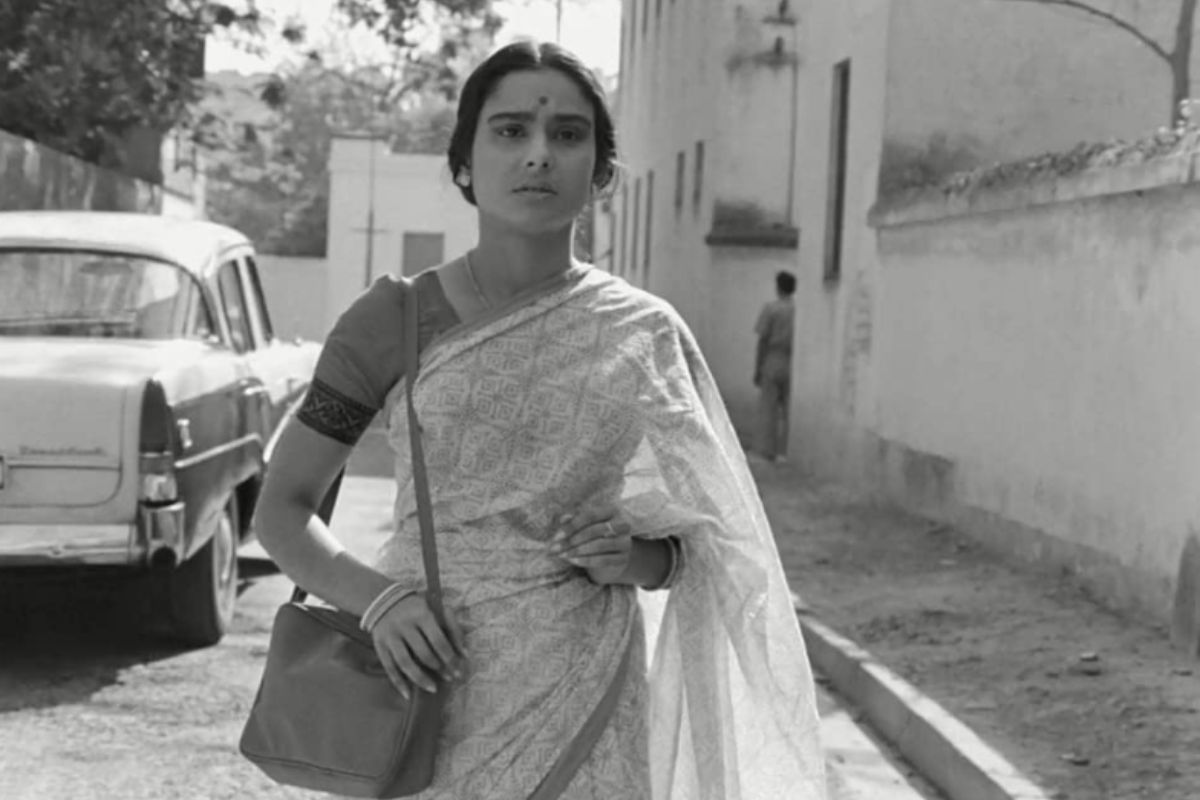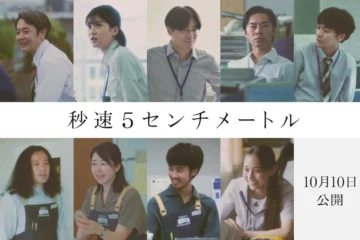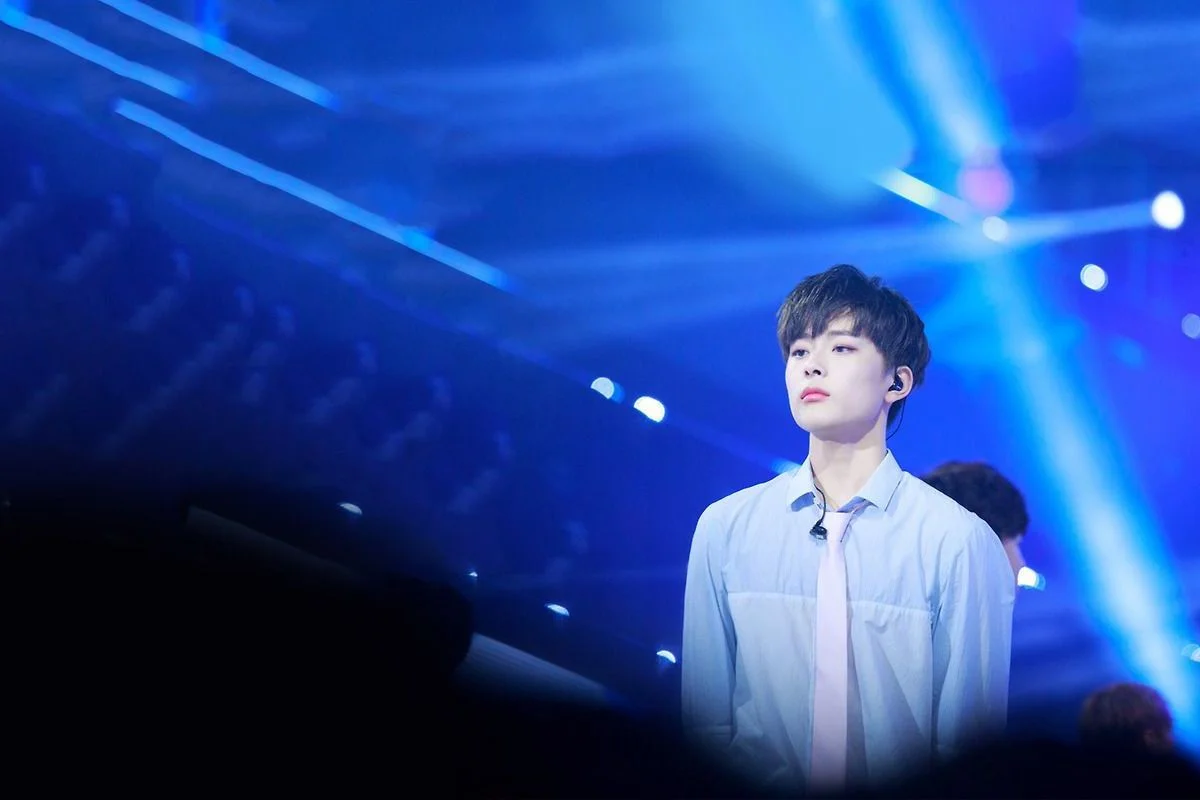Satyajit Ray’s Mahanagar (‘The Big City), released on 27 September 1963, is a story about a middle-class woman, Arati. Her life begins as a housewife who listens to her in-laws and husband, Subrata, and takes good care of the house.
The problem arises when she steps into life as a working woman. She, along with maintaining her house, also manages her working place.
Overview of Satyajit Ray’s Mahanagar
In the beginning, her husband supports her in finding her a job and work. However, as the days go on, she becomes popular in the company. Her husband negatively understands her popularity and closeness with the boss.
He then asks her to quit her job. But before she submits the resignation letter, her husband loses his job. Without any choice left, he lets her continue with her career.
Her growing relationship with Edith increases the conflicts in her family. Since she is now the family’s sole earner, she also becomes segregated from the others for being misinterpreted.
Instead of taking money from her, her father-in-law asks to solicit funds from his former students, who are now prospering in their careers. Day by day, her husband grows more insecure about her.
He, at last, opts to have a face-to-face meeting with her boss. After meeting her boss, he got an opportunity for a job.
The story ends with an entirely new concept. At the same time, Edith is insulted so badly by the boss. But Edith Arati protested against the boss, and at last, though she has been given a great chance, refuses to take it and accepts the hard life without the job.
ALSO READ: Pondering The Strangeness In Stranger Than Fiction (2006)
Does the film really present feminist as well as humanistic study?
Thus giving different touches, this film really becomes a great one. This film can be seen from three points of view, dividing it into three phases.
In the first phase of the film, we find Arati as a typical housewife introducing us to the Bengali tradition and a woman’s identity after marriage.
She used to take care of all the tasks of the house, her child, her husband, and her in-laws. She, in this phase, is loved by all. However, as the film proceeds to the next phase, we get to know Arati’s other side of professional side.
Her capability and dexterity to do her task. She distinguishes herself by her capacity to do the task.
She succeeds in getting out of her qualms and outshining her professional life. But while peeking into her personal life, it can be visible that despite her efforts, she can’t manage both lives simultaneously.
Is it because of the less time? It’s not. Although she has tried hard, she can’t change the mindset of her household members, who almost stick to the idea of not accepting the money of working women – for to them, the woman’s place is inside the house.
A wave of misunderstanding comes with the arrival of a relatively trivial thing, i.e., lipstick. However, it is pretty naturalized in today’s society, but it was a problem then.
The use of colors by Arati is not acceptable to her husband as Subrata begins to feel that Arati is not his anymore, suffering from excessive possessiveness.
This, though very far fetched yet, reminds us of the latest ‘ lipstick under my Burkha’, the very name of which suggests lipstick, a colorful object a free woman craves, is hidden under a Burkha – or, in simple terms, the freedom of a woman is chained.
ALSO READ: 12 South Korean Movies that have to be on Everyone’s Watch List
This feminist issue, till the beginning, very skillfully merges with the acceptance of a challenging world. In the end part, the one bold decision taken by Arati gives the film another dimension altogether.
Edith is not as deft as Arati and a bit bold, yet from the beginning, and she is becoming the object of censure.
Thus, in the end, Arati cannot stands against this rude behavior even though she experiences a significant loss for it. Arati’s rebellious character not only presents her as a strong woman but also as a morally courageous person. The concept of the suppressor and suppressed is also challenged in this movie through her.
Hence, it is not just the materialistic world that will satisfy human desires but also a moral world with upright characters that will aid humanity in the long run.
ALSO READ: Ichi The Killer Full Movie Review, And Ending Explained





0 Comments